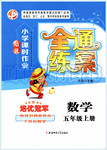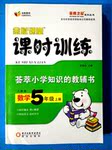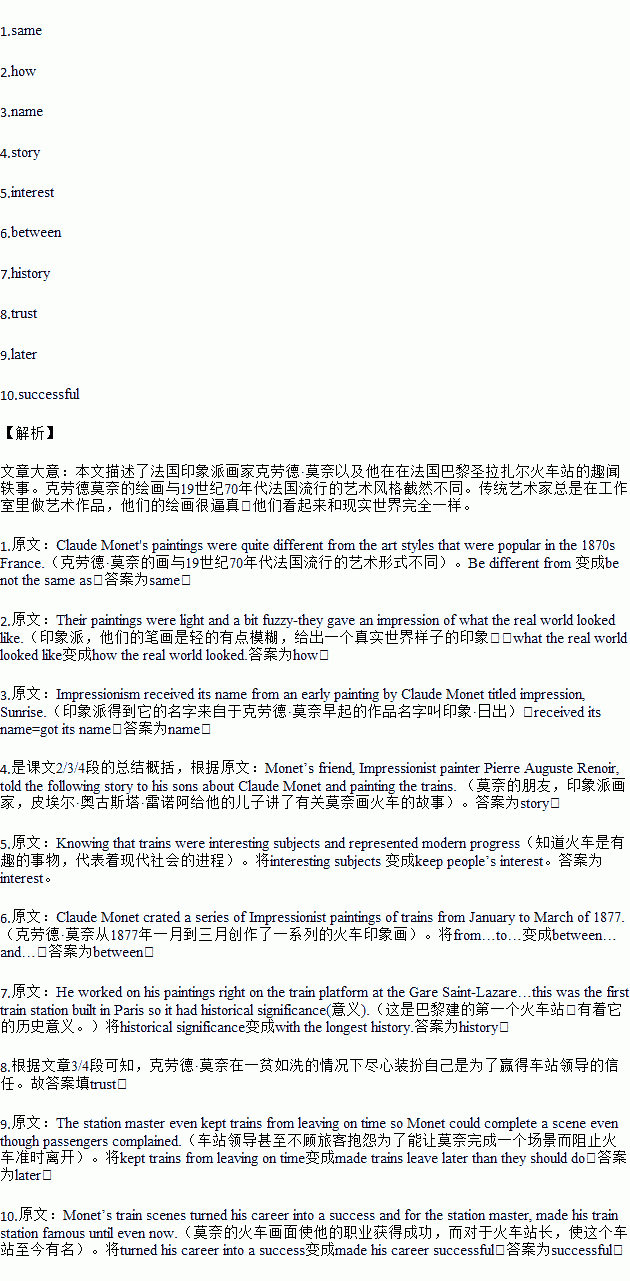题目内容
请认真阅读下列短文,并根据所读内容在文章后表格中第56-65小题的空格里填入一个最恰当的单词。
注意:每个空格只填1个单词。请将答案填写在答题卡标号为56-65的相应横线上。

Claude Monet's paintings were quite different from the art styles that were popular in the 1870s France. Traditional artists always did their artwork in a studio and their paintings were realistic-they looked exactly like the real world. Claude Monet was part of a group of painters who were called Impressionists(印象派画家). Their paintings were light and a bit fuzzy-they gave an impression of what the real world looked like. Sometimes Impressionists worked outside, which was a very unusual thought in their time. Impressionism received its name from an early painting by Claude Monet titled impression, Sunrise.
Knowing that trains were interesting subjects and represented modern progress, Claude Monet
crated a series of Impressionist paintings of trains from January to March of 1877. He worked on
his paintings right on the train platform at the Gare Saint-Lazare, the train station on Saint Lazare
Street. Although there were many train stations in Paris, this was the first train station built in Paris so it had historical significance(意义).
Monet’s friend, Impressionist painter Pierre Auguste Renoir, told the following story to his sons about Claude Monet and painting the trains. Monet needed permission(允许)to spend time on the train platform and paint what he saw in his impressionistic style. One day Monet dressed himself in his very best suit along with a fine top hat, a good linen shirt and a silk tie. He appeared to be a wealthy gentleman while he really was a poor painter.
When he went towards the clerk at the train office, he presented his calling card which introduced him as Claude Monet, Painter. He asked to see the station master. The clerk quickly allowed this fine gentleman to enter the station master's office. The station master was also impressed and gave Monet permission to paint on the train platform. The station master even kept trains from leaving on time so Monet could complete a scene even though passengers complained.
Was it all worthwhile(值得)? Monet’s train scenes turned his career into a success and for the station master, made his train station famous until even now.
Claude Monet
Introduction | ◆Claude Monet was one of the Impressionist painters whose paintings were not the 1.as the popular art styles in the 1870s France. ◆Impressionist paintings gave an impression of2.the real world looked. ◆He helped Impressionism get its 3.by his painting Impression, Sunrise. |
A 4.of painting trains | ◆At that time trains were subjects that could keep people’s 5.and represented modern progress. ◆He created paintings of trains 6.January and March in 1877, at the train station with the longest 7.in Paris. ◆He dressed himself as a wealthy gentleman to win the station master’s 8.. ◆In order to help Monet complete a scene, the station master even made trains leave 9.than they should do. |
Result | ◆His train scenes made not only his career 10.but also the train station famous. |
 小学课时作业全通练案系列答案
小学课时作业全通练案系列答案 金版课堂课时训练系列答案
金版课堂课时训练系列答案 单元全能练考卷系列答案
单元全能练考卷系列答案

